Search
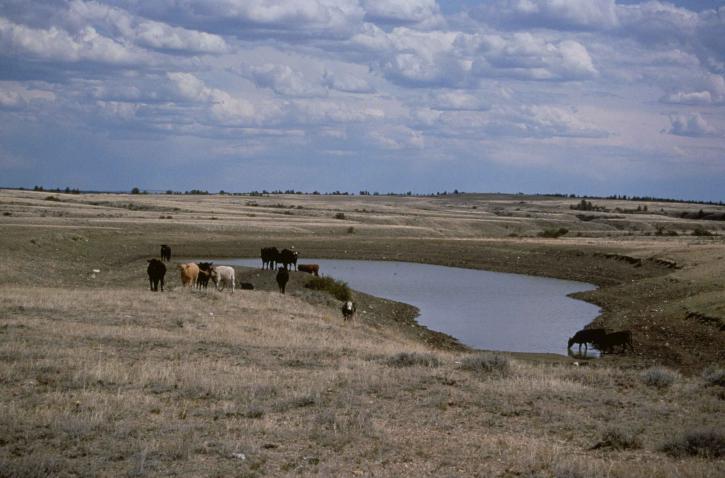
Nitrates and Livestock Water Quality
Nitrate poisoning is something we think about with forages such as millet, oats, corn, sorghum, sudan, kochia and others that have been fertilized or if there is a drought, but water can also be a contributing factor.
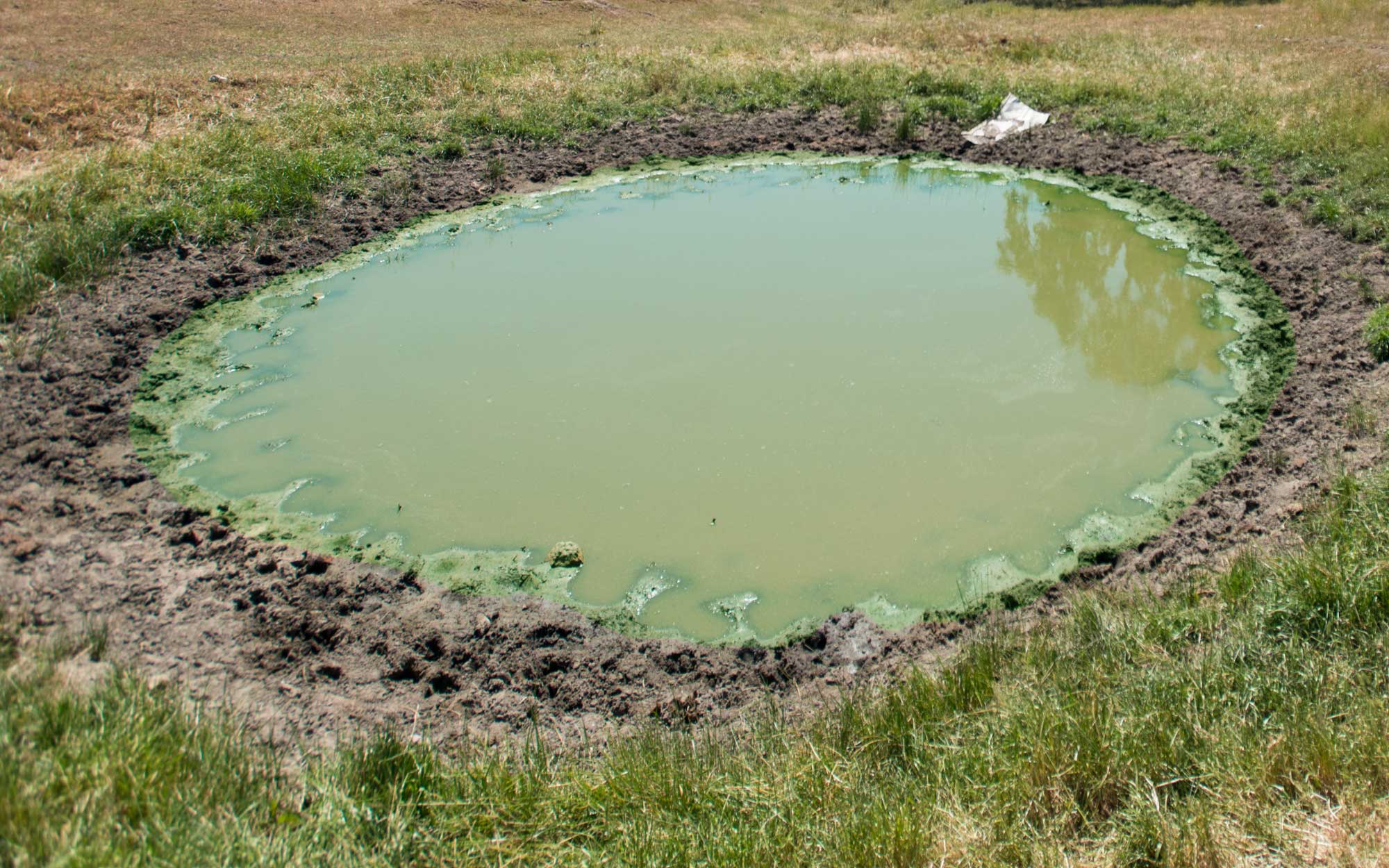
Blue-Green Algae and Livestock
With warmer temperatures, the conditions are right for blue-green algae blooms. Different species of blue-green algae contain various toxins, which can poison livestock, resulting in rapid death.
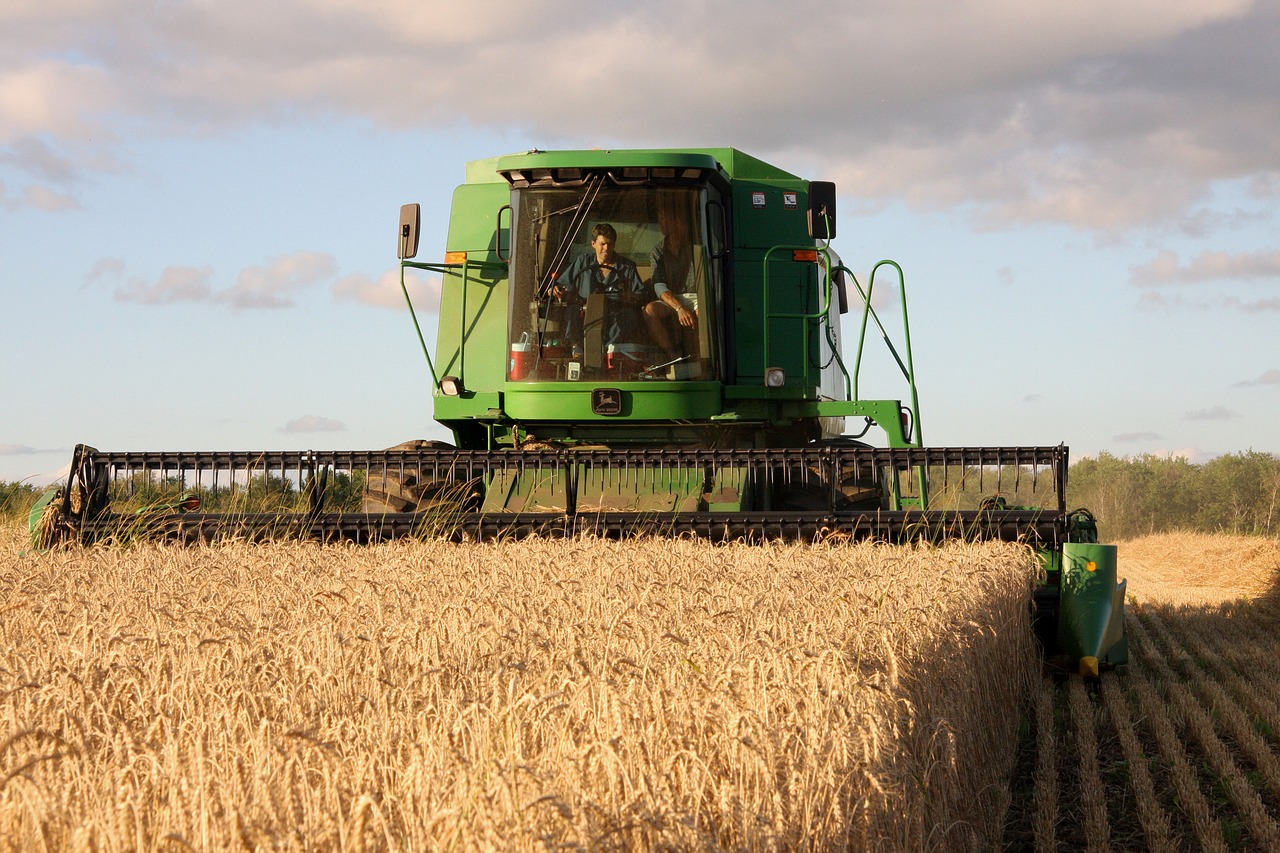
Factors Affecting Wheat Production Decisions: Producer survey findings
Recent USDA data shows that during the past 3 years acres devoted to wheat production continue declining in both South Dakota and North Dakota (USDA, 2018). South Dakota wheat acres experienced a remarkable decrease of 31.5% during the past 3 years, compared with a relatively mild drop of 16.4% by North Dakota.
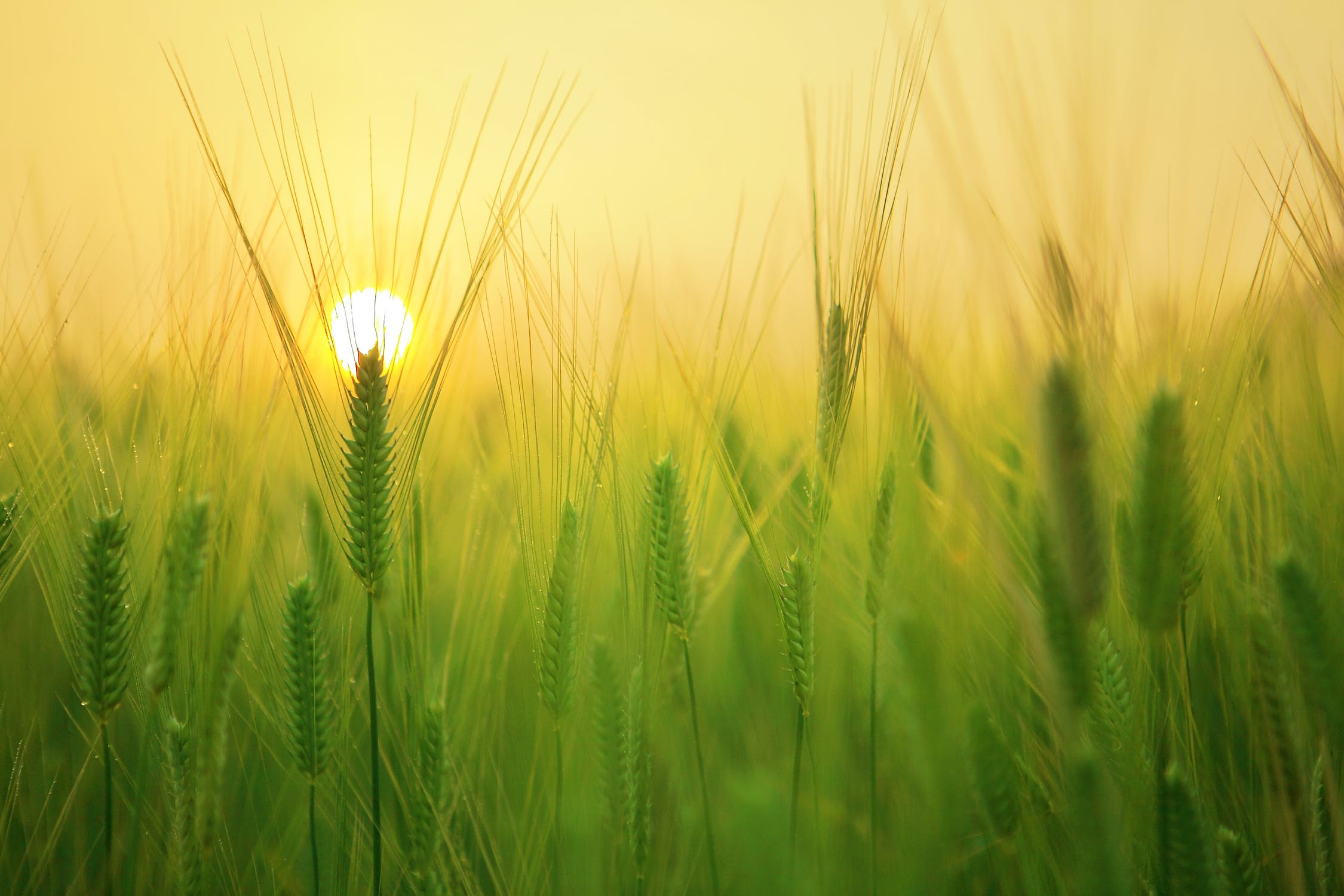
Water Use by Plant Stage
Over the growing season, solar radiation, air temperature and plant size are the dominant factors in determining evaporative demand and the rate of water use by wheat. Water use can vary dramatically on a day-to day basis, depending on climate and wheat health.

Overweight & Obesity: Leading Cancer Risk Factor
The Centers for Disease Control and Prevention released a study that links overweight and obesity to 13 different types of cancers.

Brain Health: The Impact of Chronic Stress
Stress affects everyone. Stress is your body’s response to a real or perceived harmful situation.
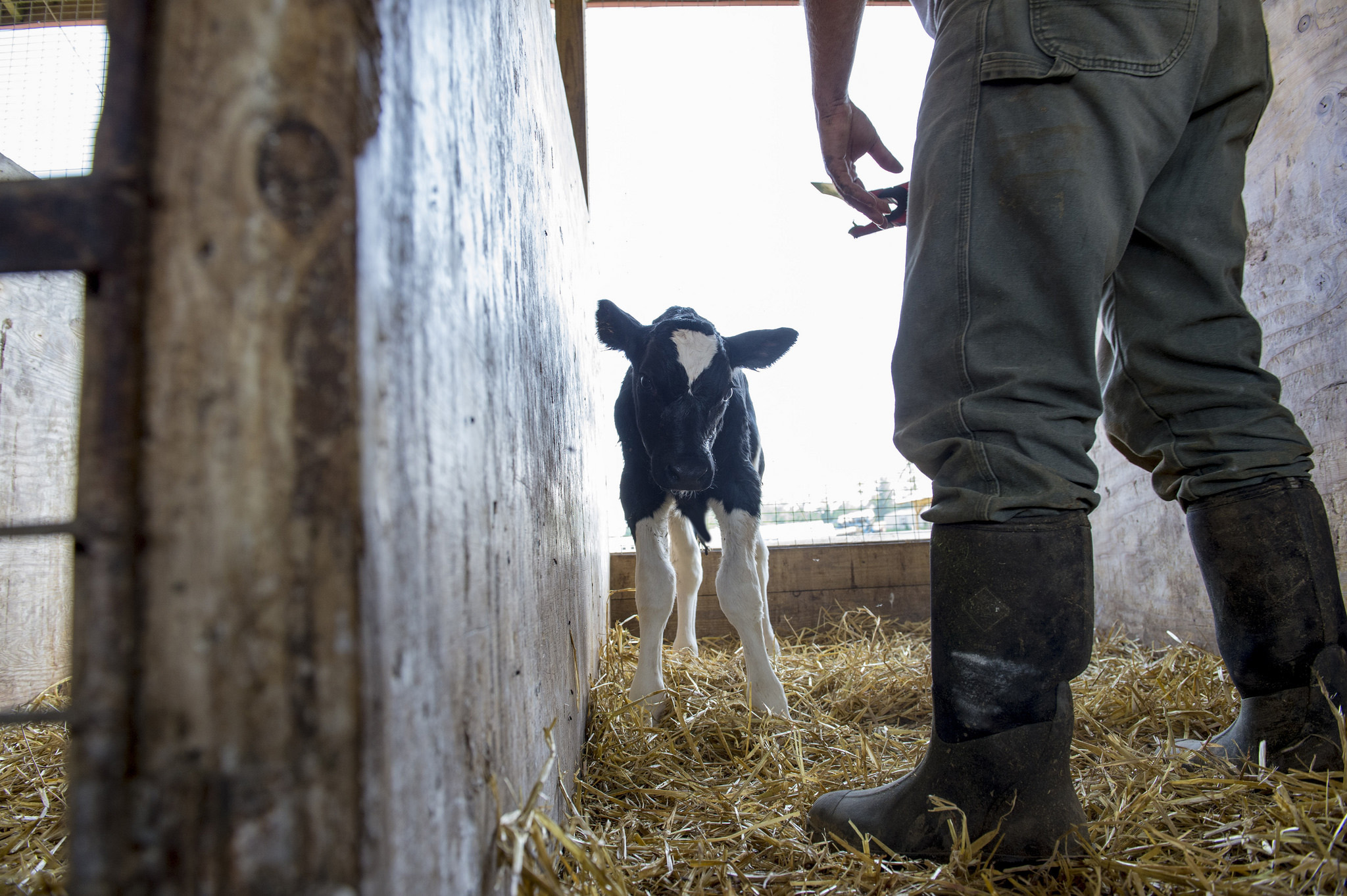
How did a Poultry Germ Change to Cause Severe Disease in Calves and People?
In 2015, a specific strain of a germ called Salmonella heidelberg made 56 people sick in 15 different states.

West Nile in South Dakota: Expect Cases Into Early Fall
While it’s true that in South Dakota most West Nile Virus cases occur during August, new human infections are detected well into September in most years.
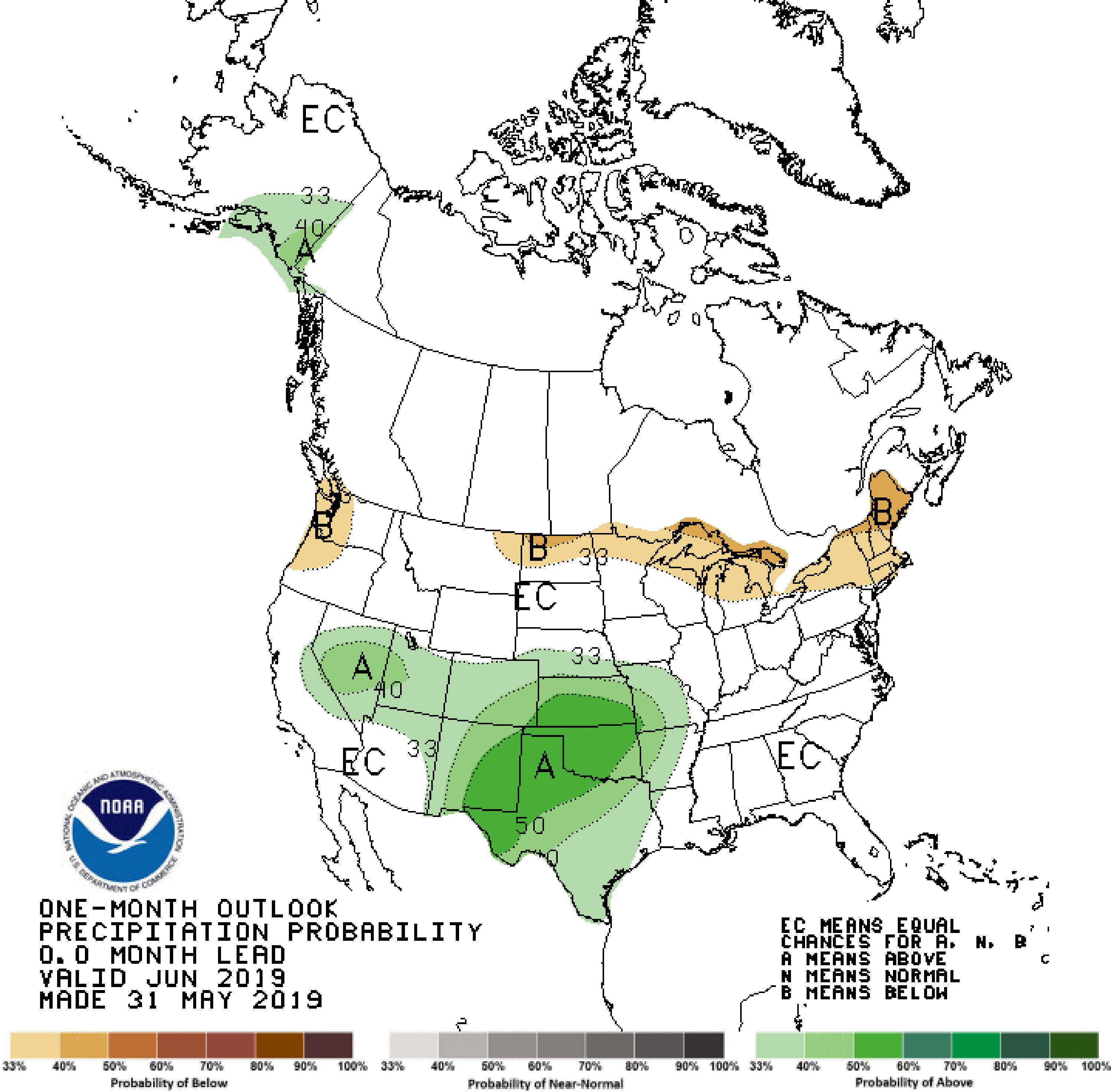
June 2019 Climate Outlook for South Dakota
As South Dakota emerges from the wettest 12-month period in 124 years of climate recordkeeping (June 2018-May 2019), June has started warmer and drier than average. The outlook, however, turns towards cooler and wetter than average again for the middle of the month.
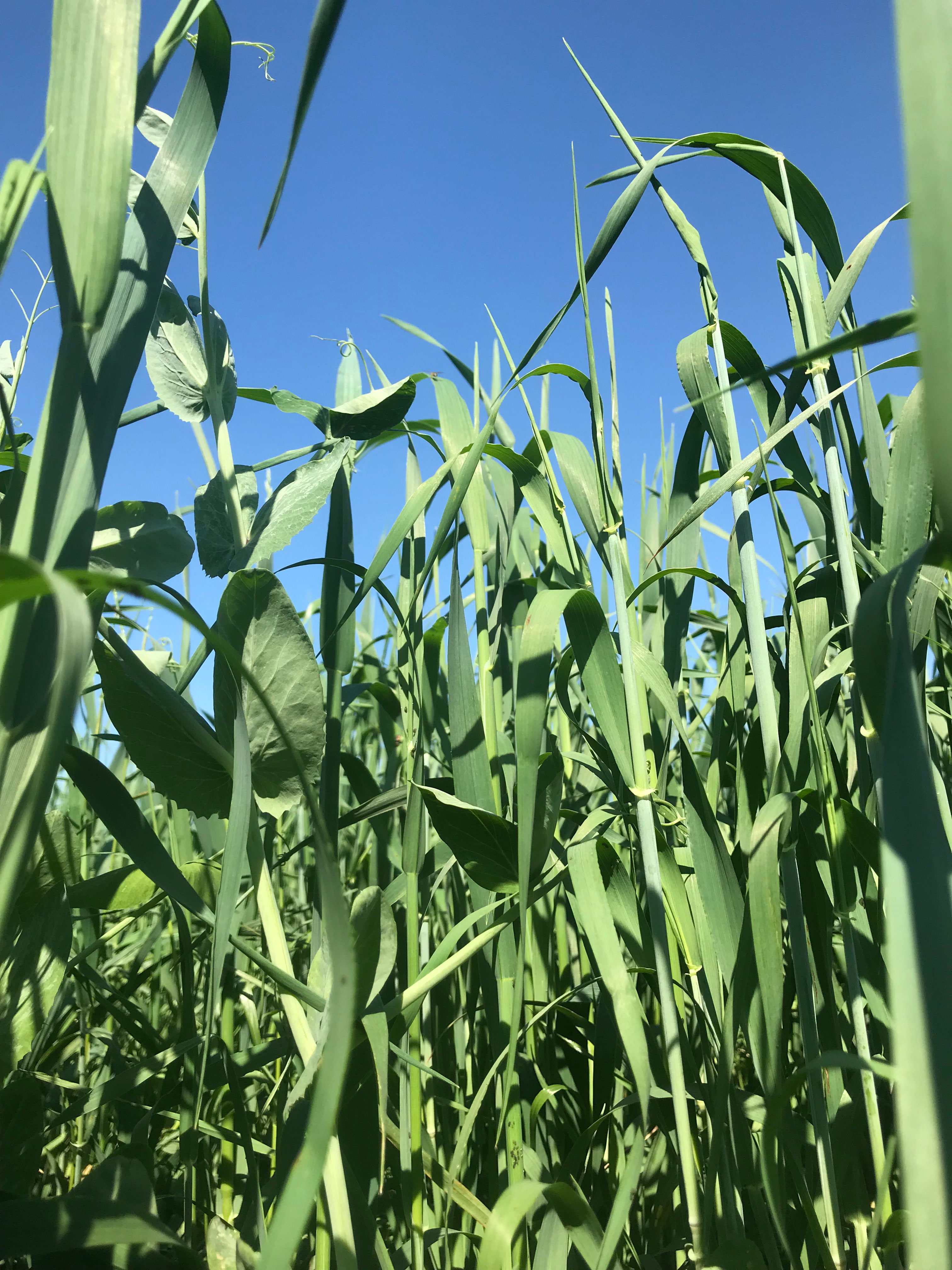
Buying or Selling Oats for a Cover Crop? Be Sure to Follow the Rules
As a challenging 2019 row crop planting season wraps up in South Dakota, many producers are looking to plant cover crops on unplanted acres. One popular cool-season grass cover crop is oats. Most oats in South Dakota are grown as certified varieties, and it is important to be aware of the legal ramifications behind purchasing oat seed for use as a cover crop.